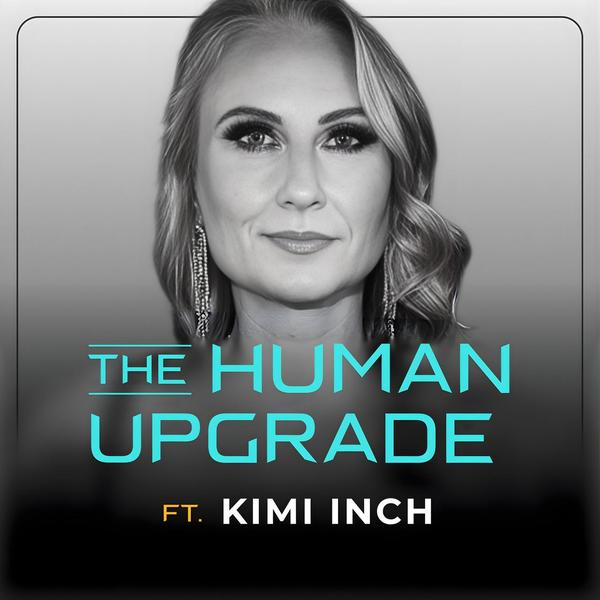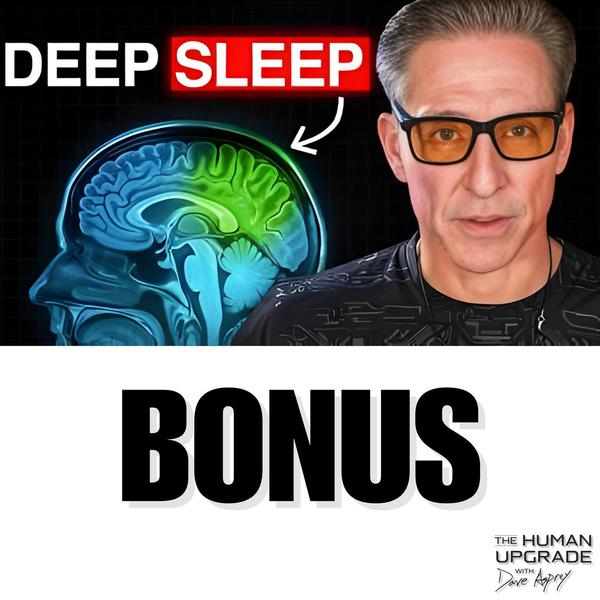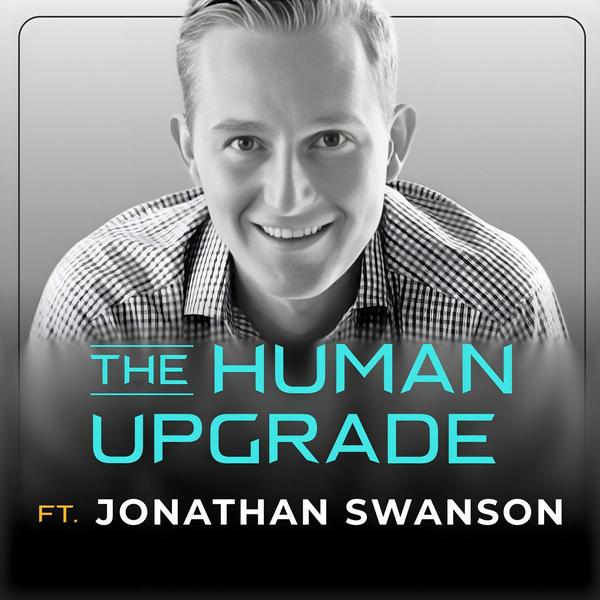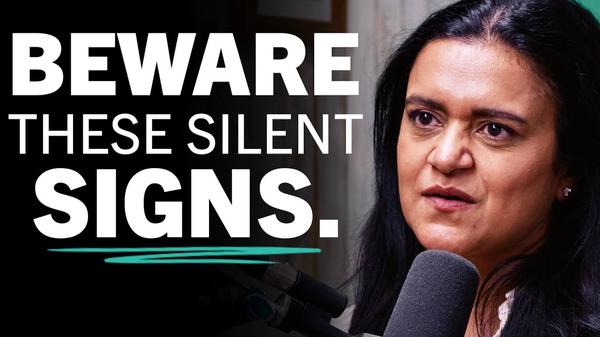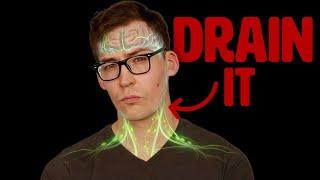Learn How to HACK Your Mind with Hypnosis: The Ultimate Cognitive Upgrade
Dave Asprey
Oct 31, 2024
Mindsip insights from this episode:
Utilize hypnosis for rapid resolution of specific issues
Hypnosis is described as a 'surgical' intervention because it is a state of highly focused attention that can fix specific issues very quickly, sometimes in a single session.
Master control over hypnotic states to resist external influence
For some highly hypnotizable people, the challenge is not getting into a hypnotic state, but learning how to get out of one to avoid being overly influenced by others.
Recognize left frontal theta waves as hypnosis brainwave signature
The most prominent brainwave signature observed during hypnosis is an increase in left frontal theta waves, which is a sign of active, focused brain activity, not sleep.
Leverage hypnosis for superior pain relief over placebo
For people who are moderately to highly hypnotizable, the pain-relieving effect of hypnotic analgesia is significantly stronger than that of a placebo.
Recognize hypnotizability as a stable trait in individuals
A person's ability to be hypnotized is a trait as stable as IQ, with about 20% of adults being highly hypnotizable and 20% not at all.
Utilize hypnosis to suppress self-reflection network
Similar to psychedelic drugs, hypnosis suppresses the brain's default mode network, which is responsible for self-reflection and what the speaker calls the 'my fault mode network'.
Utilize Reverie app for pain, sleep, and stress management
The guest, a Stanford psychiatrist, developed an interactive self-hypnosis app called Reverie to help people manage pain, sleep, and stress.
Experience doubled brain response speed through hypnosis
When hypnotized, the brain's response time to reality can be more than twice as fast, as measured by a dramatic reduction in the P300 brainwave.
Utilize hypnosis to eliminate pain signals instantly
Under hypnosis, the brain's initial electrical reaction to a pain signal (the P100 wave) can completely disappear within a tenth of a second of the stimulus.
Choose guilt over helplessness to regain control
People often blame themselves for traumatic events because most would rather feel guilty, which implies a sense of control, than feel completely helpless.
More from
Dave Asprey
You also might be interested in
The Hidden Damage That Happens "Behind-The-Scenes" In The Adult Entertainment Industry, With Former Adult Actress Felicity Feline
How to Set & Achieve Goals | Huberman Lab Essentials
Neuroscientist: If You’re Feeling THIS, You’ve Lost Touch With Your True Self
Neuroscientist: If You Feel THIS, You're Living the Wrong Life (Unlock The One You're Meant For)
Drain your Brain, Protect it from Alzheimer’s Disease



